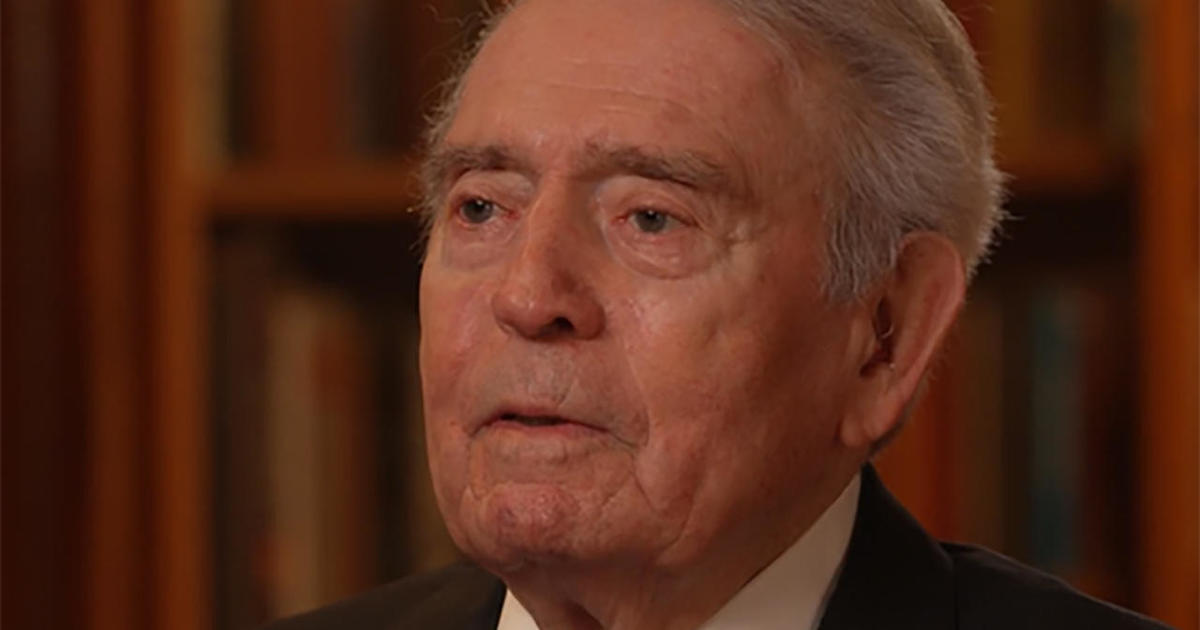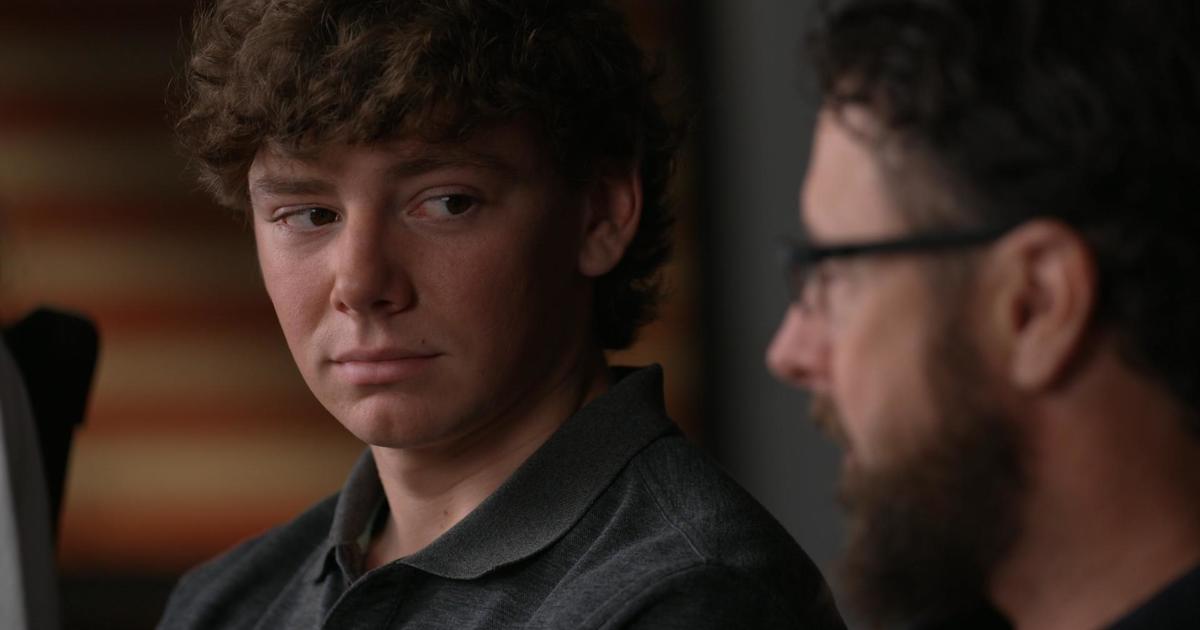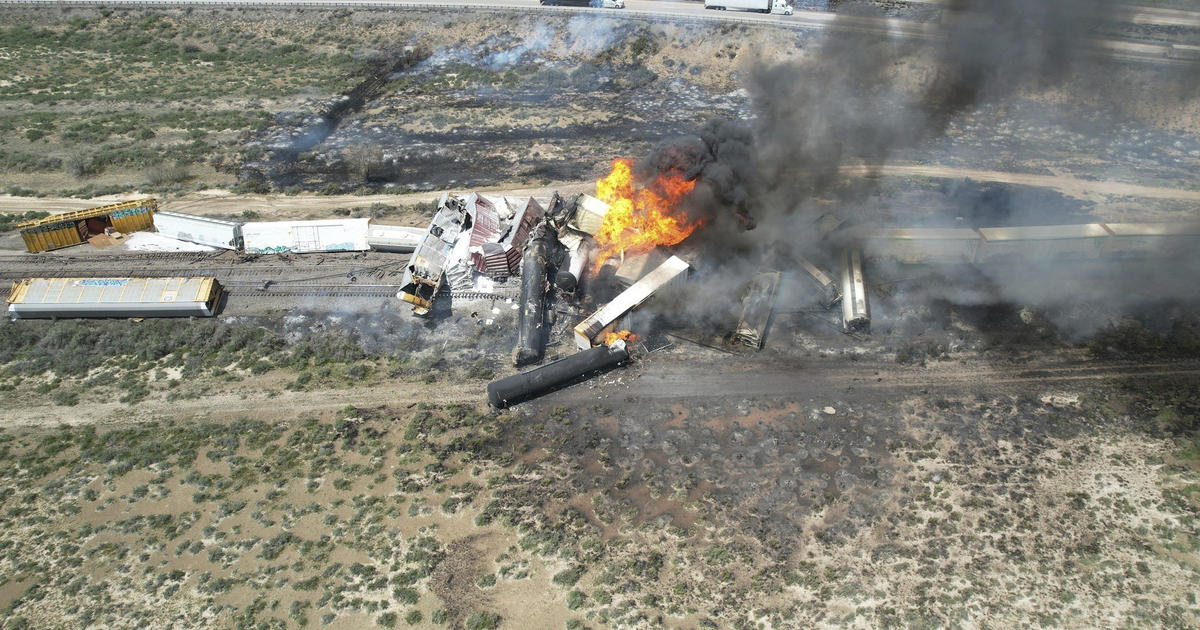"Sickening": Six months after Hurricane Michael, people are still living in tents
Nearly six months after Hurricane Michael slammed into the Florida panhandle, many people living there are still trying to put their lives back together. The Category 4 storm made landfall last October, killing 43 people. It caused more than $6 billion of damage.
Parts of the panhandle look like the hurricane hit just yesterday, reports CBS News' Manuel Bojorquez. Some people have not been able to start rebuilding, others simply left. With an estimated 40,000 homes either damaged or destroyed here, the most critical need is housing.
Shelly Summers isn't just cooking for her family -- she feeds 17 men, women and children who live in her backyard, a tent city for those who have nowhere else to go.
"They lost their homes and they needed a sense of security and a sense of belonging. That was the biggest thing for me," Summers said.
The hurricane left Lori Hogan and her husband Gino homeless. They were staying in a hotel for a little while but when the money finally ran out, they found a new shelter in Summers' backyard. They said they don't know where'd they be if it wasn't for her.
Twenty miles away, at Springfield Community Church, hundreds of families still show up for food boxes. They're grateful, but many are frustrated by the pace of recovery.
"It's pretty much sickening," one woman said. "How they are putting things first before putting people first."
Pastor Eddie Pitts, who is displaced himself, organized a group of volunteers who serve some 1,200 to 1,400 people every week.
"There's still a need here, and in their eyes, you talk to them, in their eyes, they have been forgotten, and they will tell you that," Pitts said.
Government assistance has arrived. FEMA says nearly $140 million has been approved, the majority of it to be spent on housing for more than 20,000 people, including 820 families in temporary government housing, families like Limon Wilson and Callie Holiman's family.
They moved into temporary FEMA trailers this week. They want to have their own apartment, but rents have skyrocketed. They say the price of the sort of the apartment they had before the storm has nearly tripled. Panama City's mayor says there's little the city can do to control rents.
"Understand we had 2,700 units that were destroyed or are not able to be lived in. Less supply. Price goes up," Panama City Mayor Greg Brudnicki said.
Driving around, the scars of Hurricane Michael are everywhere, especially in Mexico Beach, where it made landfall. That's where we found Bela and Jacques Sebastiao, sitting alone among demolition crews and abandoned slabs.
They are living in a FEMA trailer, on the spot where their three-story beachside retirement home was ripped apart by Michael. But they're not giving up on their dream in a place where the natural beauty helps sustain them.
"That's where I want to stay. It doesn't matter if it's in a car, in a van, in a tent, in a trailer or a house. It doesn't matter. That's never been an option for us. Mexico Beach is home," Bela said.
Unless the federal government extends the disaster declaration here, FEMA housing will run out by the end of April next year. But the Sebastiaos say, like so many others here, rebuilding their home will take considerably longer.



